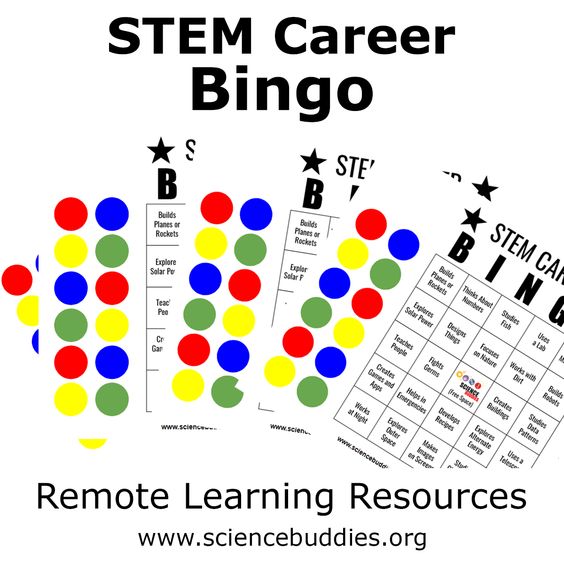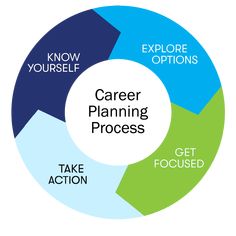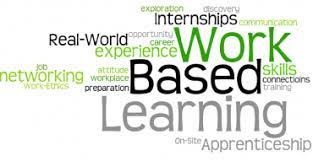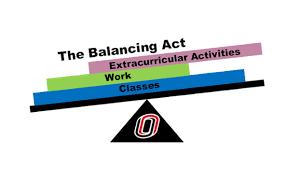Are you a teacher who is looking to make some extra money during the summer break? Look no further! We have compiled a list of 10 summer jobs that are perfect for teachers like you. Whether you want to continue teaching or explore other fields, there’s a job out there that suits your skills and interests.
1. Summer School Teacher: Many schools offer summer programs, and they often need dedicated teachers to help students catch up on their studies or explore new subjects. Check with your local school district for summer school opportunities.
2. Tutoring: Put your expertise to good use by offering tutoring services. You can work with students of all ages and help them with specific subjects or provide general academic support.
3. Camp Counselor: Summer camps are always in need of enthusiastic and responsible individuals to supervise and lead activities. As a teacher, you have the perfect skill set to engage and mentor children.
4. Tour Guide: If you enjoy sharing knowledge and interacting with people, becoming a tour guide can be a great option. You can showcase your local area’s attractions and history while earning money.
5. Content Writing: Many websites, blogs, and educational platforms are always looking for content writers. Your teaching experience can be valuable in creating educational content or resources.
6. Online Teaching: With the rise of online education, there are numerous opportunities to teach remotely. Explore online teaching platforms and websites that connect teachers with students worldwide.
7. Curriculum Development: Use your expertise to develop educational materials, lesson plans, or curriculum guides. Many educational companies or publishing houses hire teachers for these roles.
8. Lifeguarding: If you enjoy spending time at the pool or beach, consider becoming a lifeguard. Your strong communication skills and ability to handle emergencies make you a valuable addition to any aquatic facility.
9. Pet Sitting/Dog Walking: If you love animals, why not offer pet sitting or dog walking services during the summer? Many pet owners need someone responsible to look after their furry friends while they are away.
10. Freelancing: Explore your hobbies and skills outside of the classroom. Whether you are into graphic design, photography, or event planning, freelancing allows you to monetize your talents.
Remember to research and apply early for these opportunities, as they tend to fill up quickly. Enjoy your summer break while making extra money and exploring new fields!
I hope this article helps you find the perfect summer job that aligns with your interests and skills. Good luck with your search!










